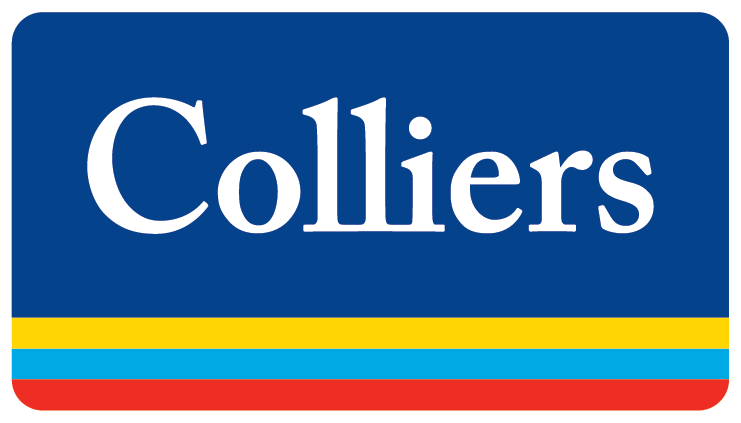After finishing 2020 with 950 million euro – 62% less yoy –, Spanish hotel investment should reboot in 2021, in particular starting from June, as a consequence of the need to sell and «investors’ ravenous appetite». According to Colliers International in its latest study on Hotel Investment in Spain, possible transactions were already identified within the hotel segment worth around 1.450 million euro.
According to Miguel Vázquez, Managing Partner of Hotels at Colliers, there are several factors which could spark a «second semester with extraordinary investment activity». First, there is «pressure from fund managers to invest the high liquidity under management at times like these». Second, there is also the expectation for an increase in touristic demand and for the sector’s recovery in the mid-term. Third, there is the conviction that there is potential to acquire hotels at «prices more reasonable than those of 2019 as a consequence of the pandemic», since «a period of almost 18 months of losses can wear off any economic agent and will motivate decisions to sell». Fourth, the «generation of market prices which will facilitate investment». And, «the key for this perfect storm is the reactivation of bank financing», assured Miguel Vázquez.
Laura Hernando, Managing Director of Hotels at Colliers International, remarked that «investment will be mostly directed towards the holiday segment». And she further explained that «most investors focused in Spain see in this segment their best opportunities, because it brings together the most factors». And there is also a «wide range of hotels prone to be repositioned and implementing Value Added strategies», she added.
Distress operations and price adjustments should be limited
Although the Spanish hotel segment was the most impacted by the current situation and is pointed out as one of the segments to take longer to recover, Colliers considered that distress operations should be limited and further advanced that «there will be a price adjustment, but not a significant one».
During the report’s presentation, which took place last Thursday, Laura Hernando revealed that «in general we consider that in 2021 we will see a markedly distressed trading scenario in situations of debt, given that the segment’s debt levels are significantly lower than they were when the crisis began and that hotel groups will be, for the most part, more capitalised as a result of the good pre-pandemic times».
In terms of possible price adjustments, Laura Hernando clarified that «there will not be significant price adjustments, but a polarisation of transactions towards good quality assets».
In 2020 the average price per transaction was 8.2% lower yoy, being set at 118.800€/room. But it should be noted that there was a «great price dispersion» amongst the 68 hotels traded.
Nevertheless, Laura Hernando alerted that «it is likely owners insisting on selling mid or low quality assets will face offers 20% or more below pre-covid values which will make those transactions impossible».
Sale&leaseback operations might be an opportunity
In terms of opportunities for the hotel segment, Colliers revealed we might see an increase in sale&lease and sale&managementback operations.
«Taking into account that the best assets to generate liquidity will be the ones with higher quality and that these, in many cases, are strategic to the hotel chain which intends to sell them, it is predictable that many transactions will be structured through Sale & Lease, Sale & Lease back and Sale and Management operations, with the hotel chain maintaining the operation of the sold hotels. As such, we anticipate the important return of operations of this type», pointed out Colliers.
Corporate operations expected for 2022
This new crisis might detonate corporate operations and concentration movements. «We believe there will be an increase in corporate operations (M&A) in the coming 3 – 5 years. 2021 could be the starting point, although this type of operations will largely only start taking place in 2022, motivated by the wear and tear of family groups without generational renewal, whose founders will have a special motivation to sell 100% of their businesses or to merge with larger projects after managing this new Covid crisis once the segment’s recovery is consolidated», concluded Laura Hernando.





